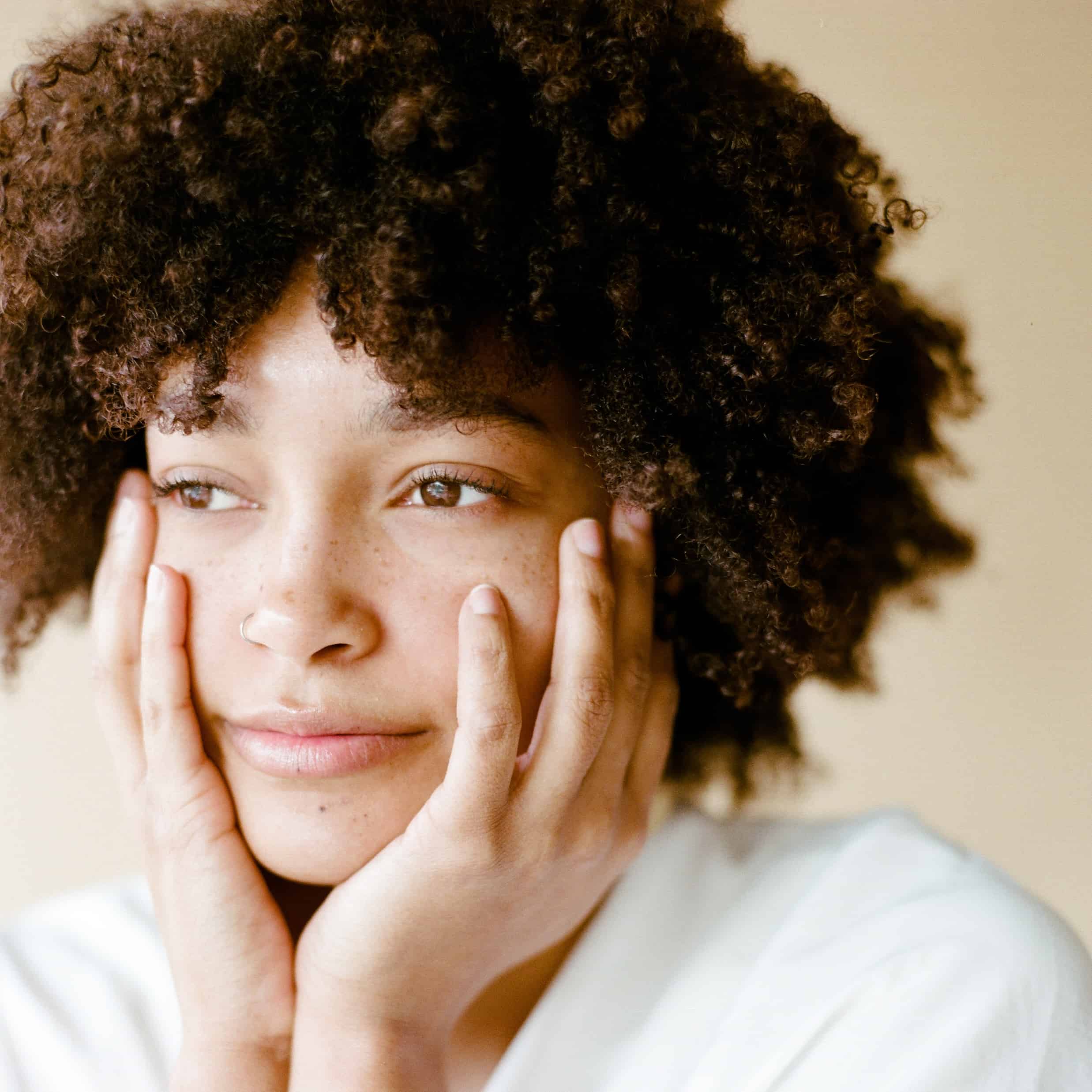Anxiety is a very common condition that impacts millions of Americans every year. Its negative effects on sleep, and therefore our overall health are numerous as well. Fortunately, it is possible to overcome anxiety and sleep better with some help.
How Does Anxiety Affect Sleep?
For many of us with anxiety, the night time can be just as challenging as a stressful afternoon at work. Lying in bed with nothing to do can summon the worst of our intrusive thoughts and anxious tendencies. From going over the day’s events to counting down how much sleep you’re losing by staying up, anxiety and sleep disorders often go hand in hand. The pressure to get a good night’s sleep can make anxiety even worse. Sleep anxiety can be a vicious cycle.
Sleep anxiety is a specific type of anxiety associated with going to bed. It can be tied to any of the aforementioned fears and preoccupations, but it can also be related to a secondary condition like insomnia, night terrors or sleepwalking. If you anticipate a rough night, sleep won’t come any easier. Stress and anxiety cause the body to release hormones that are attuned for the fight or flight response. These hormones can make falling asleep difficult, as anxious people are more prone to being tense and hyper-aware. Sleepless nights fuel intensified anxiety the following day, as lack of sleep can lead to more stress, irritability or a lack of focus during the daylight hours.
Fortunately, there are many things we can do to help soothe anxiety at nighttime and get healthy, necessary sleep each and every night.
What to Know About Anxiety and Sleep
1. Establish a Bedtime Routine
Go to bed and wake up at the same time each and every day. This routine may take some getting used to, but it can greatly reduce the anxiety you may experience around planning sleep and alarms in the morning. Ensure that your bedroom is dark, and free of distractions. TVs in the bedroom are a major distraction that can negatively impact sleep regardless of anxiety. Don’t use electronics in bed if it can be avoided, and make sure that you use your phone’s night filter to reduce harsh blue light close to bedtime. If you cannot sleep, lying in bed may actually be keeping you awake. If after 20 minutes you don’t feel close to sleep, get out of bed, keep the lights low and try a relaxing activity. Don’t use screens or overstimulate yourself. Instead listen to music quietly, meditate or read a book. Focusing on a regimented, but not strict routine can help alleviate stress and anxiety around bedtime.
2. Treat Your Anxiety
If you’re suffering from anxiety at night and you aren’t treating your anxiety, change that! There are a great number of resources for treating anxiety and reducing its ill effects. Living with anxiety is very possible, and treatments range from the medicinal to the therapeutic. Talk therapy, counseling and other forms of therapy can greatly improve anxiety by offering us better ways to cope with it. Many medications exist to help prevent anxiety, just be sure to determine if they may have a stimulant effect. If so, your doctor can recommend other medications or work on the best time to take the medication during the day to prevent sleep disruption.
3. Change Habits Throughout the Day
Spending at least 30 minutes of time out and in the daylight can actually do a lot to help you sleep better. Exposure to daylight, even for as little as half an hour, helps to establish a healthy sleep pattern. Watching what you eat, or otherwise consume can also help. Don’t drink alcohol or eat large meals too close to bedtime. While unrelated to anxiety, this can make falling asleep more difficult and lead to increased anxiety. Smoking is a major detriment to a good night’s sleep, and can worsen anxiety. Caffeine consumption should be limited if you have trouble falling asleep or staying asleep. Caffeine is a stimulant that causes the body to feel more awake, and separate from sleep can actually intensify anxiety as well. Caffeine can affect the body for up to eight hours after it’s consumed, so check the clock before you have another cup of coffee.
Anxiety is often associated with sleep disorders, but anxiety doesn’t have to keep you up at night. Explore the options for addressing anxiety and its impact on sleep by reaching out to the experienced providers at SOL Mental Health today.

